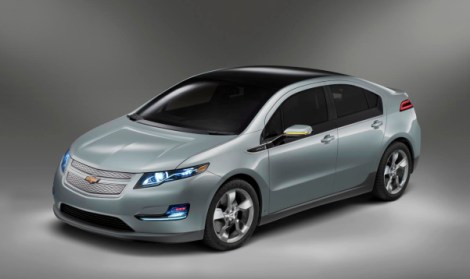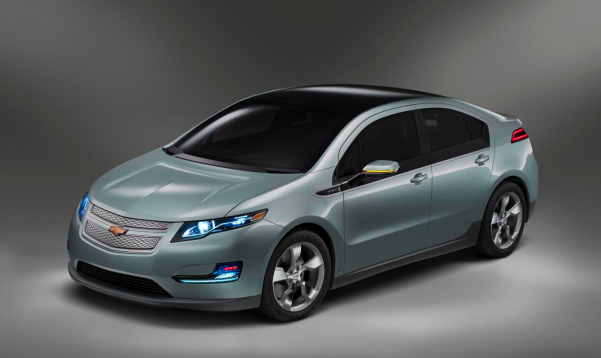Let’s say I give you a million dollars. Cool, you’d say. Probably also: Thanks.
And now I say: You need to use that money to make a product. Say, baskets. You’re all, OK, cool, I can make baskets. Good.
So you set up a system to make baskets. You invest that million dollars in a factory and some workers and so on (I have literally no idea what goes into basket-making — wicker? straw? whatever) and start cranking out baskets. You decide to sell them for $100 a piece. You make 100 to start, and sell all 100 of them. Boom. You’ve got $10,000 in hand. Not bad.
But if Reuters is doing the math, you’re losing $9,900 on every basket you sell. After all, the Reuters reporter would suggest, mansplaining away: You made 100 baskets but it cost you $1 million to make them. That’s $10,000 a piece, from which you only earned back $100.
To which you would say: What, Reuters? What? Do you need a calculator, Reuters? Reuters! Come on, man! And so on and so on, forgetting completely about your basket business, letting your clothes fall into disrepair as you gnash your teeth and wail at the unforgiving sky.

Chevy Volt, as it says on the tin.
I’ll let the International Business Times explain what the hell I’m talking about.
General Motors Company loses as much as $49,000 per Chevy Volt it builds, according to one news organization’s report, but the article is not as self-evidently accurate as it may first appear. …
General Motors has sold approximately 21,500 Volts since the gasoline-electric hybrid was introduced in December 2010, and development costs of the high-tech car are estimated at between $1 billion and $1.2 billion by Reuters’ calculations. Production costs for the Volt are estimated at between $20,000 and $32,000, a wide margin to be sure. The Volt retails for a base price of $39,145 (before a federal tax credit of $7,500).
The issue with Reuters’ math, though, is that it only takes into account the 21,500 Volts sold so far, as if GM would never sell another one. If that is taken to be true, then each Volt sold has cost GM around $55,000 in development costs.
As expected, conservatives lapped the Reuters report up, laughin’ and hootin’ and hollerin’ and shootin’ off the guns Jesus gave them. After all, anything that might even moderately diminish the hegemonic dominance of the oil companies is an existential threat to the U. S. of A. and the NFL and Hooters.™
(In sincerity, I find conservative hostility to electric cars fairly baffling. I get that they’re wrapped into a delicious little sushi roll with cappuccinos and sandals as emblems of the decadent, self-absorbed left — but haven’t they moved into the mainstream by now? Along with coffees? If anyone should be indifferent to electric cars, it should be enviros. Electric cars are basically the natural gas of the automotive world: better than dirtier fossil fuels, but still pretty bad.) (I live in a city with good mass transit.) (Please address all complaints to Editor, Grist World Headquarters, Left Coast, USA.)
Anyway, in summary: The Chevy Volt isn’t taking the automotive world by storm — or even making money — but the company also isn’t losing the company 50 grand a pop.
Also, I need that million dollars back. I do not accept payment in baskets.




